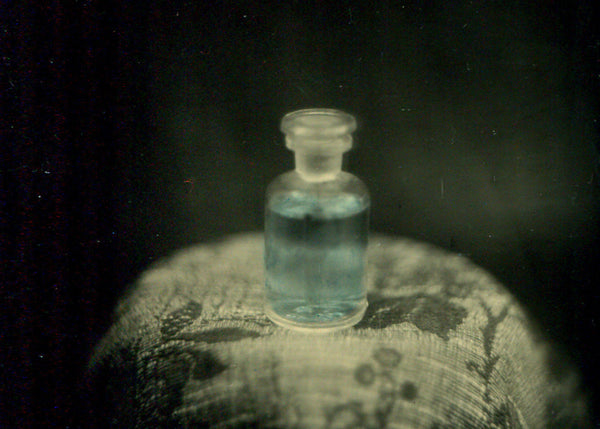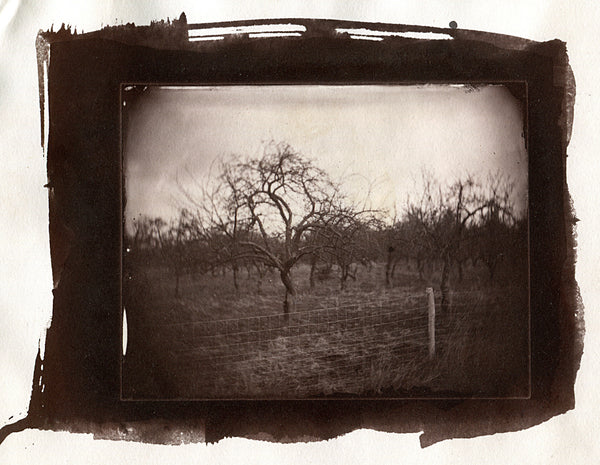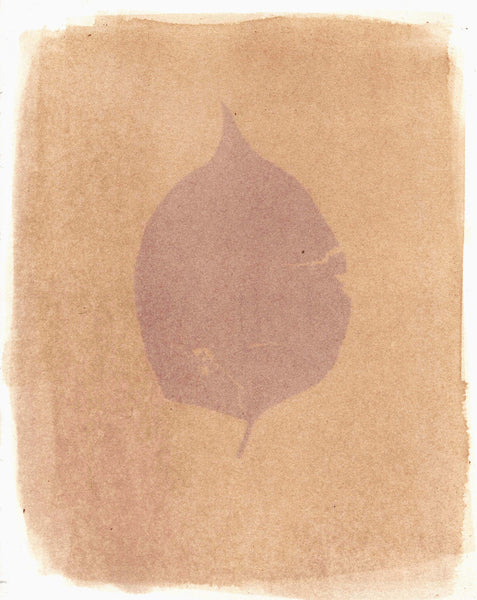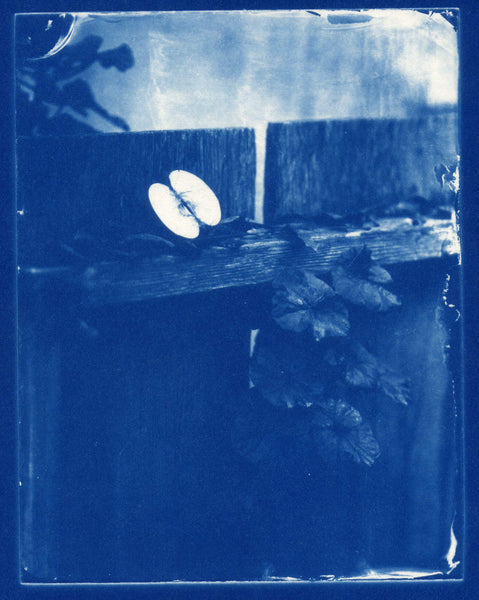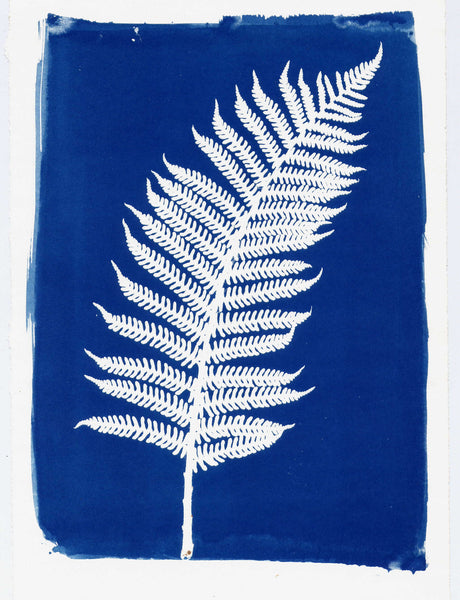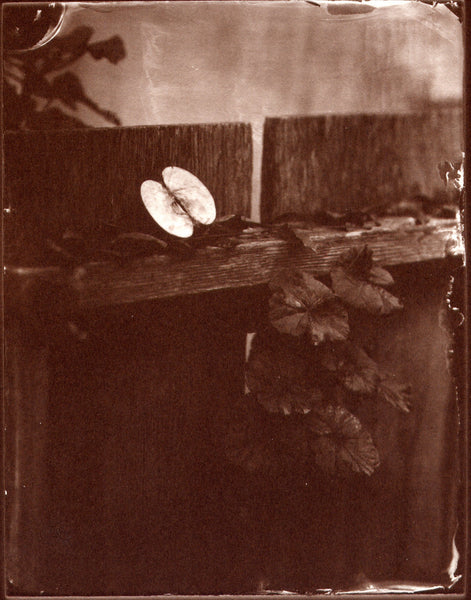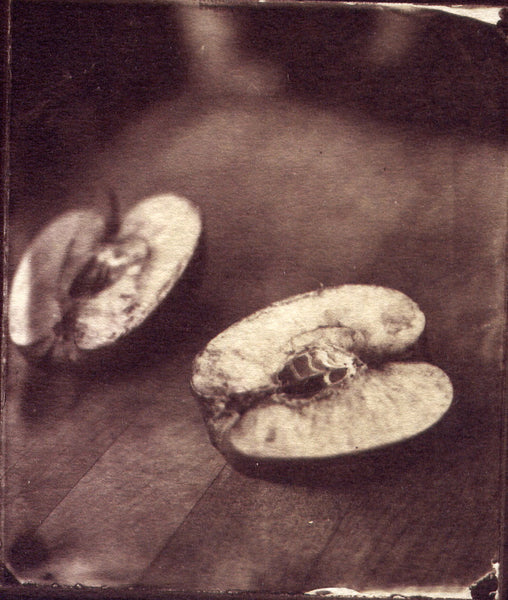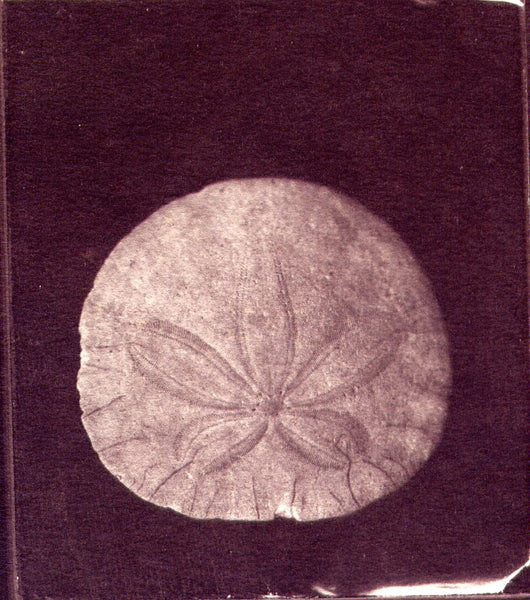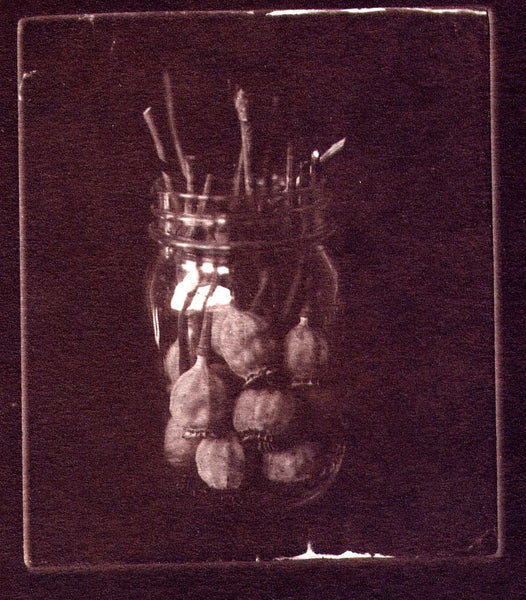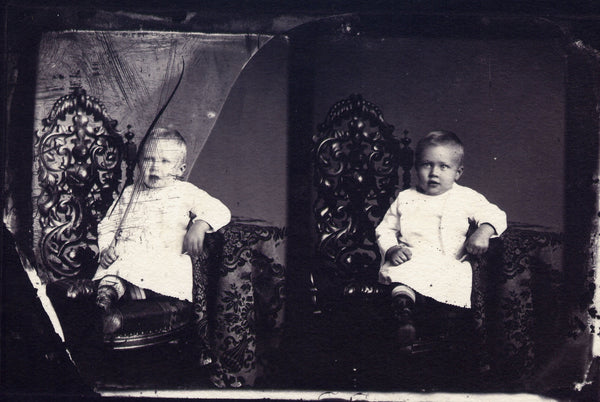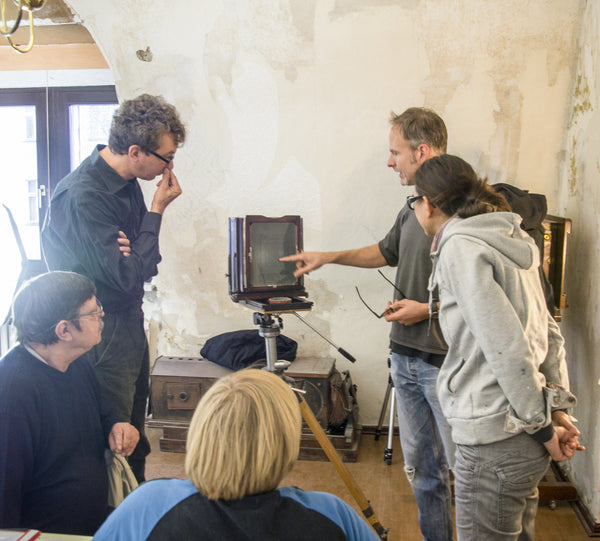Wir bieten diesen Workshop bald wieder an.
Bei Interesse schicke uns eine E-Mail an: info@photowerkberlin.com
Despite the dire predictions of the death of analogue photography, there has been a noticeable resurgence of interest in non-digital, silver-based photography. With every “advance” in photography, while speed and ease has been gained, a describable and indescribable quality has been lost.
The Daguerreotype was replaced with the faster WetPlate Collodion Ambrotype which was subsequently replaced by the cheaper Tintype. With each step, image detail and tonality declined. Salted Paper printing was eclipsed by the Albumen Print, which was in turn abandoned for gelatinsilver paper. Today ink (digital prints) has replaced photography‘s use of noble metals, most commonly silver, gold, or platinum/palladium. Again, “ease of use” outweighed image quality and, arguably, stability (archivalness).
In this weekend Discussion & Workshop, participants will experience the evolution of photography through numerous historical processes. Saturday will include a discussion of various “antiquated” processes as well as demonstrations in Cyanotype, Salted Paper Printing, Albumen Printing and WetPlate Collodion (Ambrotypes). On Sunday everyone will make their own salt prints.
Workshop will be held in English
10:00-17:00 Introduction, presentation of various historic photographic processes among Cyanotype, Salted Paper Printing, Albumen Printing and WetPlate Collodion.
with David Puntel
(All materials for the workshop are provided)
You can either book one or both workshops Historical Processes. There is no special experience or knowledge needed for each part.
See more at Historical Processes II
